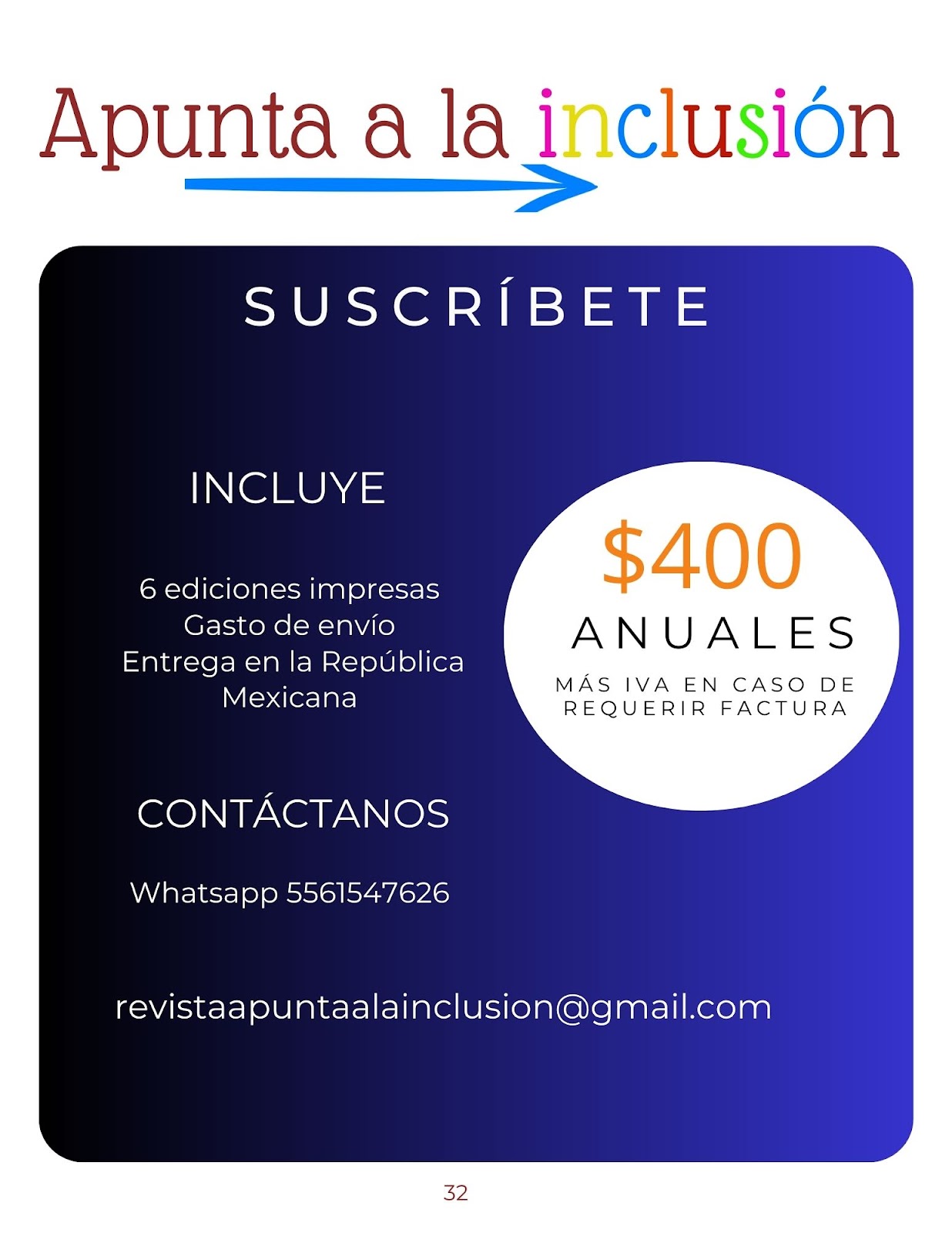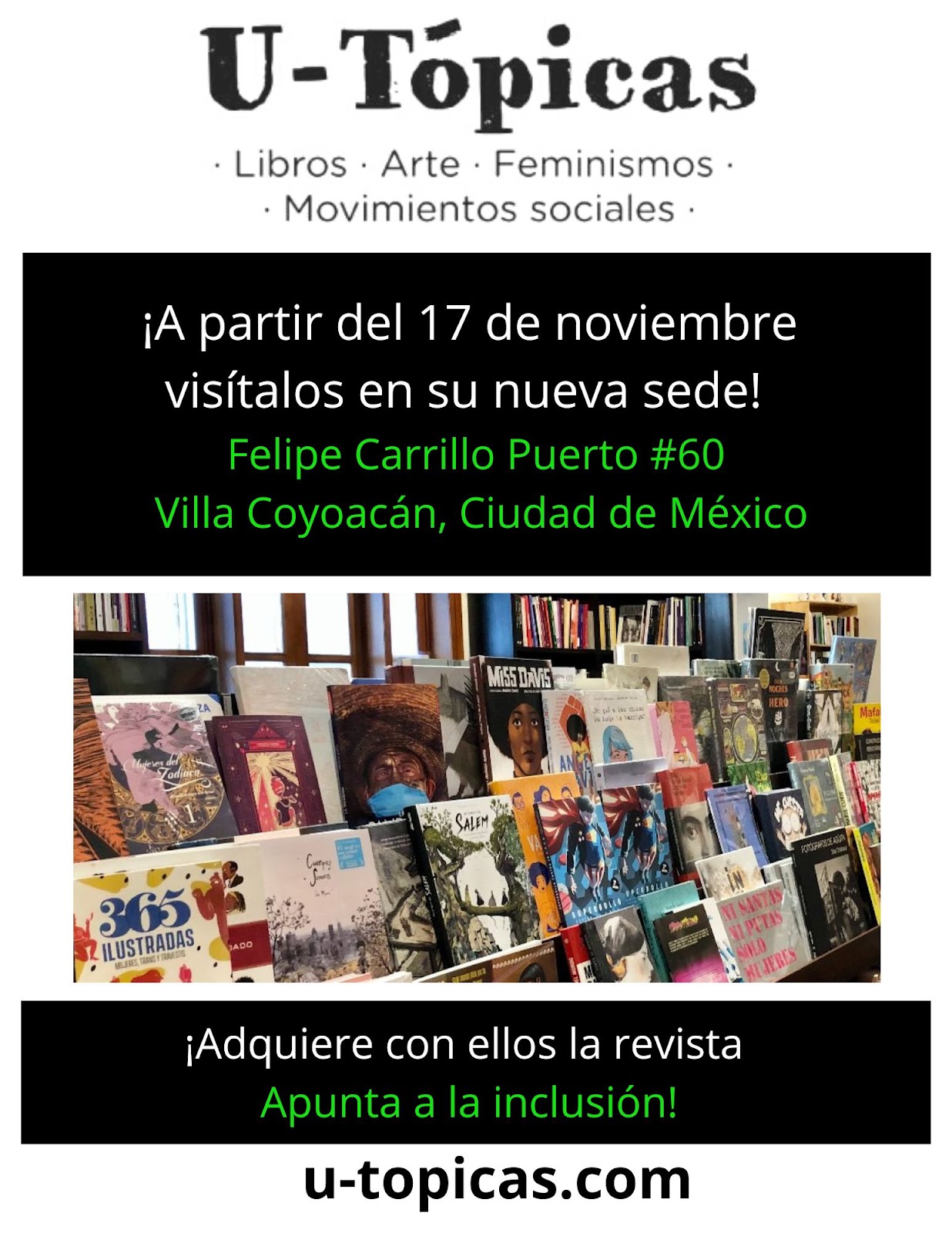The Access City Award recognises European cities that have done outstanding work to ensure accessibility of their urban areas. This year’s winners, Vienna (Austria), Nuremberg (Germany), Cartagena (Spain) and Borås (Sweden), have demonstrated their commitment to creating cities where persons with disabilities can participate fully. Read on to learn more about the initiatives that earned them this year’s awards!
San Cristóbal de la Laguna: Congratulation for winning Access City Award 2025! What made your city stand out to win the Access City Award?
Vienna: As a large city with over 2 million inhabitants, achieving accessibility requires a multifaceted approach. It’s not about a single action or event; it involves a strategy that integrates different elements such as a well-designed transport system, inclusive building regulations, and initiatives that support societal access for all. A key factor is fostering a democratic process that includes persons with disabilities. We are particularly proud of our efforts to integrate disability representatives into our democratic system. We have held elections to form a commission within the city parliament dedicated to accessibility. Building these democratic structures is vital for creating an inclusive society.
San Cristóbal de la Laguna: What are your city’s long-term objectives in the field of accessibility?
Vienna: Our long-term strategy revolves around collaboration with persons with disabilities to understand their needs and how accessibility benefits everyone. We aim to maintain a comprehensive perspective, integrating accessibility across all city departments. This includes ensuring accessible information, barrier-free buildings and public transport, among others, so individuals with disabilities can use them independently. Our ultimate goal is to create a city where everyone can live independently and fully participate in society.
San Cristóbal de la Laguna: How will winning the Access City Award impact Vienna?
Vienna: Winning this award motivates us to continue improving. It is both a recognition of our achievements, and an opportunity to reflect on our progress from an external perspective. It energises us to build on our efforts and push forward with new initiatives.
San Cristóbal de la Laguna: Why should accessibility for persons with disabilities be a priority for any city?
Vienna: Accessibility is about equality and solidarity within society. Everyone experiences accessibility needs at some point in life, and accessible and inclusive cities improve quality of life for all. Accessibility is a cornerstone of democracy. It ensures no one is left behind, fostering full participation in society. And beyond this social impact, it also has economic benefits. When cities are more inclusive, more people can contribute to and benefit from economic growth.
San Cristóbal de la Laguna: Is there any advice you would give to cities that are working on becoming accessible for persons with disabilities?
Vienna: It is essential to establish quality standards and develop a cohesive vision instead of implementing fragmented measures. Take inspiration from other cities’ successful practices, but tailor solutions to your unique context. Most importantly, involve persons with disabilities. Decisions should not be made for them, but with them. Adhere to the principle: ‘Nothing about us without us’. Collaborate with persons with disabilities to design initiatives that truly address their needs.
Fifteen years of the Access City Award have highlighted countless stories of resilience, innovation and collaboration. Since its inception, 71 cities from 21 Member States (including the UK) have been awarded. In total, 388 cities have applied from all Member States. This is more than 30% of the total EU cities with more than 50 000 inhabitants. The most awarded countries (including most winner cities) are generally the ones that apply the most (e.g. Spain, France, Germany and Poland). In this edition, which marks the fifteenth anniversary of the award, we celebrate cities that went above and beyond to remove barriers and create spaces where persons with disabilities can thrive. Accessibility is a precondition for full participation of persons with disabilities in society. As we reflect on this meaningful journey, it’s clear that there is still more work to be done.
This year’s ceremony honoured the remarkable achievements of past ACA winners, celebrating their determination and creativity in breaking down barriers to build more inclusive cities. We commemorated 15 editions of ACA by inviting these cities to take the stage and share how winning the Award has shaped accessibility policies and inspired initiatives in their communities:
- Ávila (Spain), ACA 1st place winner 2011
- Barcelona (Spain), ACA 2nd place winner 2011
- Berlin (Germany), ACA 1st place winner 2013
- Göteborgs (Sweden), ACA 1st place winner 2014
- Borås (Sweden), ACA 1st place winner 2015
- Lyon (France), ACA 1st place winner 2018
- Breda (Netherlands), ACA 1st place winner 2019
- Evreux (France), ACA 2nd place winner 2019
- Warsaw (Poland), ACA 1st place winner 2020
- Bremerhaven (Germany), ACA 2nd place winner 2021
- Helsinki (Finland), ACA 2nd place winner 2022
- Córdoba (Spain), ACA 2nd place winner 2023
- Saint-Quentin (France), ACA 3rd place winner 2024
- San Cristóbal de la Laguna (Spain), ACA 1st place winner 2024
Winning the Access City Award affirmed that we are on the right path to improving accessibility in our city. It became both a recognition of our efforts and a powerful motivation to do more. The Award inspired us to intensify awareness-building, knowledge-sharing, and systematic actions to create an inclusive environment where all residents, including those with disabilities, can live independently and with dignity.
Barcelona has a long-standing commitment to accessibility, ensuring that everyone has equal opportunities to pursue their life goals – especially individuals with disabilities. Being recognised by the Commission has inspired us to innovate our inclusive city policies and renew our efforts to achieve universal accessibility.
By addressing practical needs and fostering opportunity, Saint-Quentin is creating a community where persons with disabilities can thrive. The city has focused on projects like accessible playgrounds for children with disabilities, tactile art and Braille paths at the basilica, as well as training to support independence and employment. Upcoming plans include sensory playgrounds, vibrating vests for enjoying music, accessible road lights, and an accessible mobile nappy-changing room for children with disabilities.

























No hay comentarios.:
Publicar un comentario